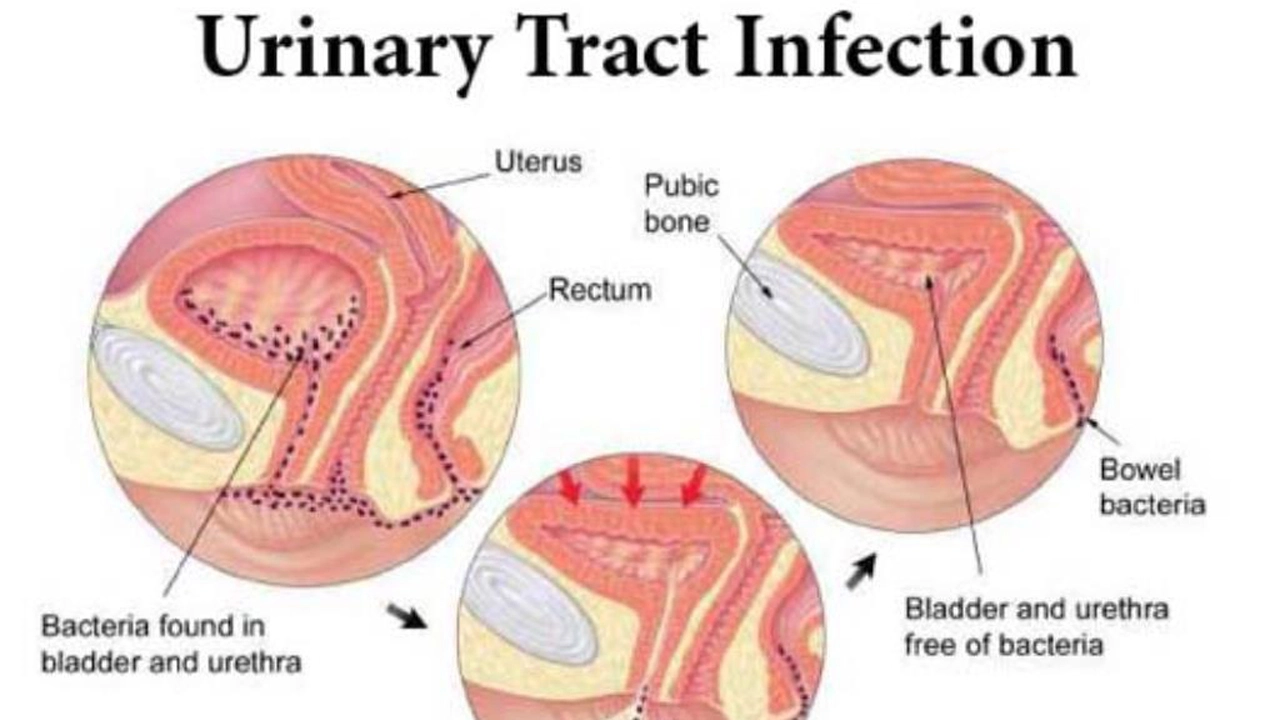Chlamydia: What to Watch For and What to Do
Chlamydia is one of the most common bacterial STIs and often shows no symptoms. That’s why people miss it. Left untreated, it can cause pelvic pain, fertility problems, and increase the risk of other infections. The good news: chlamydia is easy to test for and usually curable with antibiotics when treated properly.
How to spot chlamydia and get tested
Most people don’t notice anything. When symptoms do appear, they vary: women may get unusual discharge, pelvic pain, or bleeding after sex; men may notice discharge from the penis, burning during urination, or testicular pain. Rectal infections can cause pain, discharge, or bleeding. If you have any of these signs or you’ve had a new or casual sexual partner, get tested.
NAAT (nucleic acid amplification test) is the standard test — it’s accurate and can use urine or a swab. Home testing kits that use NAAT are available and can be convenient, but pick ones from reputable labs. If a clinic or online option suggests antibiotics without a proper test or prescription, avoid it.
Treatment, partner steps, and follow-up
Treatment is with antibiotics prescribed by a healthcare professional. Common regimens include azithromycin and doxycycline; your provider will choose the best option for you. Finish the full course even if symptoms improve, and follow your doctor’s instructions exactly.
Don’t have sex until you and your partner(s) complete treatment. Many regions offer partner notification or expedited partner therapy so partners can get treated without a clinic visit. Retest about 3 months after treatment to catch reinfection, or sooner if symptoms return. Pregnant people need prompt care and a test-of-cure because treatment choices and timing can differ.
If you’re thinking about buying antibiotics online to save money, be careful. Use licensed pharmacies that require a prescription, show clear contact info, and have good reviews. Avoid sites that skip lab testing or sell controlled meds without a prescription. Affordable options exist through community clinics, public health services, and verified online pharmacies — compare prices, check licensing, and protect your payment and personal data.
Simple prevention works: use condoms consistently, get routine screening if you’re sexually active (especially with new or multiple partners), and talk openly with partners about testing. No vaccine exists for chlamydia, so testing and timely treatment are the best tools to protect your health and that of your partners.
Need a quick checklist? Get tested if you had a recent new partner, get treated if positive, make sure partners are treated, avoid sex until cleared, and retest in three months. That sequence stops reinfection and protects fertility over the long run.
Chlamydia and the Risk of Bartholin's Gland Infection
As a blogger, I wanted to shed some light on the connection between Chlamydia and the increased risk of developing Bartholin's gland infections. Chlamydia is a common sexually transmitted infection that can lead to serious complications if left untreated, including pelvic inflammatory disease and infertility. One lesser-known risk associated with Chlamydia is the development of Bartholin's gland infections, which can cause painful swelling and abscesses near the vaginal opening. To avoid these complications, it is crucial to engage in safe sex practices and get regular checkups. Remember, early detection and treatment can prevent the long-term consequences of Chlamydia and protect your overall reproductive health.
Read More
